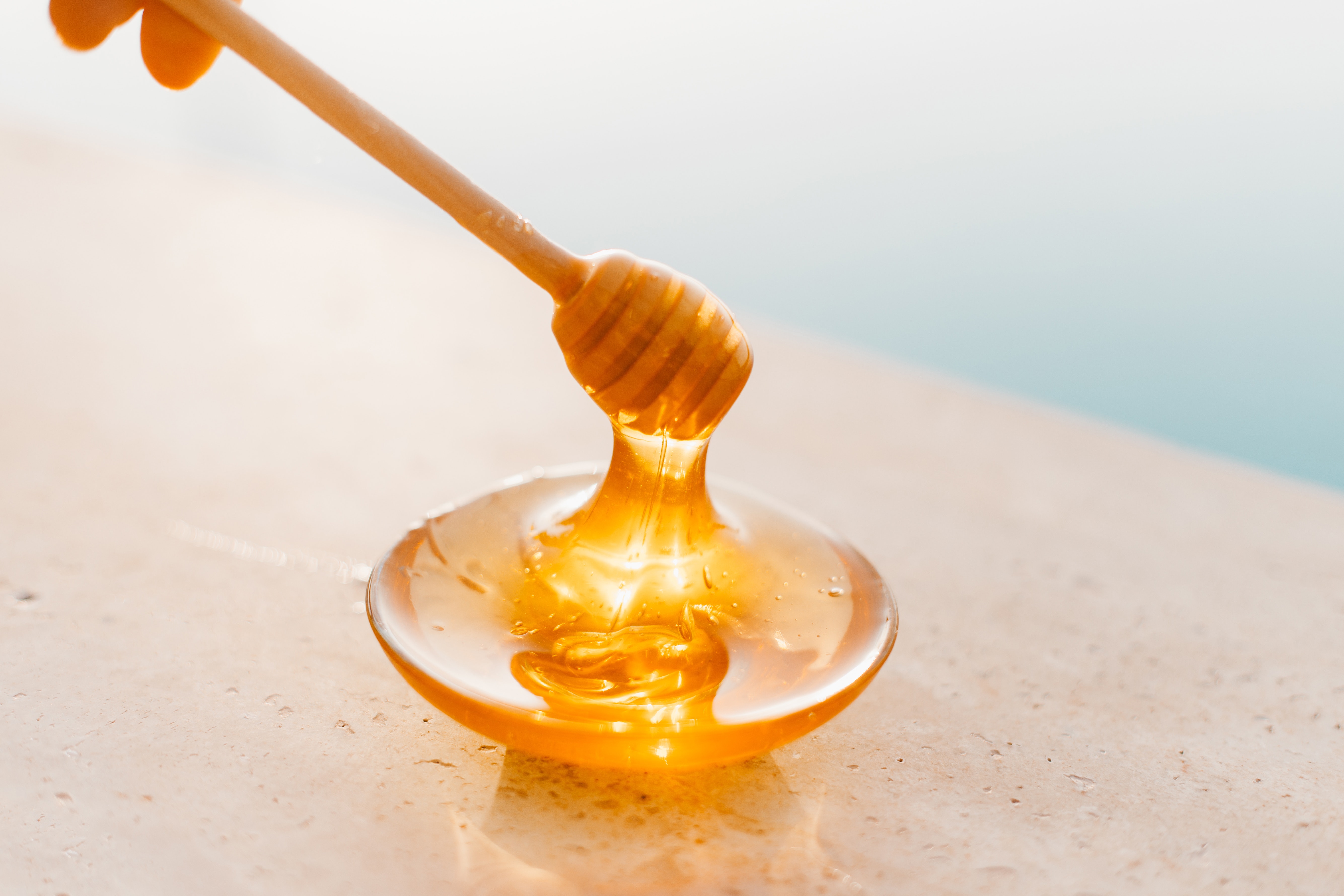Natural Remedies for a Chesty Cough
Chesty coughs, also called productive coughs or wet coughs, are caused by a build-up of mucus or phlegm in the lungs. The cough mechanism is a part of the basic reflex of your body to remove the irritant or blockage in your throat or upper air passages. It is a necessary process of recuperating from illness as it helps to expel the mucus.
A chesty cough usually accompanies a cold or the flu, but it can also be caused because of a viral infection, or health problems such as tuberculosis, asthma, or lung cancer.
Table of contents:
- How to treat a chesty cough naturally?
- Over-the-counter medications for a chesty cough
- When to see a doctor
- Takeaways
How to treat a chesty cough naturally?
- Turmeric has antibacterial and anti-inflammatory properties that help to get rid of the mucus from your chest. Mix a teaspoon of turmeric in a cup of warm milk and drink it twice a day to relieve your chesty cough. You can also add a pinch of salt to the milk as it will help you make productive coughs and clear out the phlegm from your lungs.
- Honey is also considered to be an effective chesty cough remedy. Warm milk mixed with honey can help to ease your discomfort. Drinking milk before going to sleep will give you a good night's sleep.
- Ginger tea will help soothe your throat, as ginger has anti-inflammatory properties, and help you cough less.
- Vitamin C, found in orange juice or vitamin C supplements, can give your immune system a boost to fight any infection faster.
- Take sufficient rest to support your body's immune system to repel the irritating symptoms of a chesty cough. If possible, try to limit or avoid any physical activities during the day to help your body recover from the symptoms of a chesty cough.
- It is important to stay hydrated as coughing all day can make you parched. Drink plenty of water and also take various liquids such as clear juices, warm broth and soups. Water will also help you to naturally thin out the mucus from your system.
- Use a humidifier to avoid breathing dry air, especially at night, as it’s easier for a dry throat to get irritated. This will help phlegm to become thinner and to leave the lungs more easily.
- Menthol preparations can help to remove phlegm with productive coughs. It relieves congestion and clears out your chest. It is an effective chesty cough remedy for your troublesome coughs.
- You can try various herbs such as ivy, thyme, and liquorice root to help clear out your respiratory tract of excessive mucus and also reduce inflammation. The various preparations made using these herbs will work as an expectorant and will loosen up your mucus.
- Rub a menthol ointment on your chest to aid you in breathing, especially at night. It is an all-natural tool to help you break up mucus from your lungs and give you a peaceful sleep.
- A hot shower might help you to loosen secretion from your nose and clear the accumulated mucus in your chest. Moist air will ease your breathing and clear up the build-up in your airway. Alternatively, you can fill a bowl with boiling water and cover your head with a towel to breathe in the steam.


Over-the-counter medications for a chesty cough
If natural remedies haven’t helped you to get rid of your chesty cough, try the following medications:
- Chesty cough medicine including syrups, sachets and pastilles from tried and tested brands like Benylin, Bronchostop and Covonia.
- If you are experiencing chest congestion in addition to chesty coughs, you might find taking congestion relief medications to help to relieve some pressure.
When to see a doctor
Most coughs clear out or significantly improve within two weeks; however, if you do not experience any improvement in your symptoms, it is advisable that you seek medical help as soon as possible.
Takeaways
A chesty cough is caused by mucus or phlegm building up in the lungs, which can happen when you get a cold, the flu, a viral infection or other more serious health problems.
Several home remedies can help you to get rid of your chesty cough naturally. Consider taking natural ingredients like turmeric, honey, ginger or thyme among others, as well as staying hydrated and resting as much as you need to.
If your chesty cough doesn’t clear out after two weeks, see a doctor.
Sources:
- Cough, NHS: https://www.nhs.uk/conditions/cough/
- Thyme, Peace Health: https://www.peacehealth.org/medical-topics/id/hn-2174009
- Licorice Root, University of Rochester Medical Center: https://www.urmc.rochester.edu/encyclopedia/content.aspx?contenttypeid=19&contentid=Licorice
Related articles:


